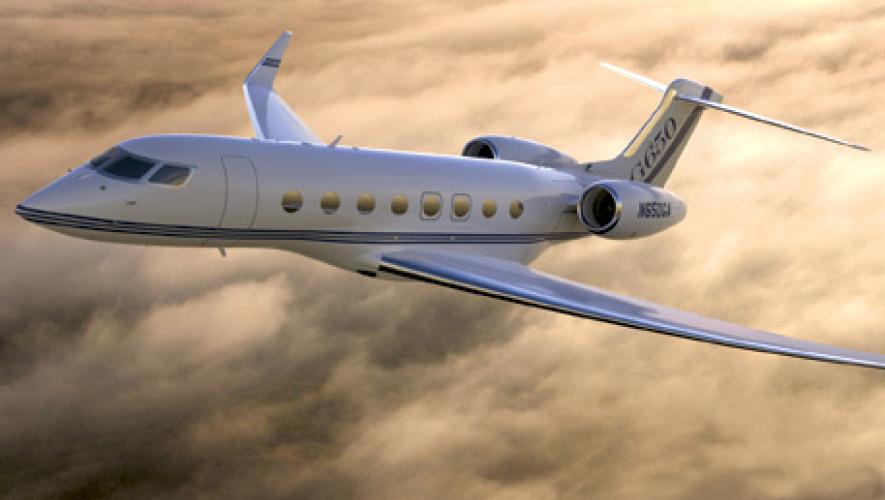A long-term Canadian requirement for Contracted Airborne Training Services (CATS) has attracted rival bids from prominent Canadian companies CAE and Discovery Air. They both report growing interest in such services elsewhere, such as Europe and Asia.
Simulation specialist CAE has formed a joint venture with U.S.-based company Draken International to bid for the 10-year-plus CATS contract to provide adversary aircraft for the Royal Canadian Air Force and other target facilities for the Royal Canadian Navy and Canadian Army. This joint venture represents a further move into live training for CAE, which completed the acquisition of the NFTC (NATO Flying Training in Canada) school last October. It proposes the use of Draken’s fleet of Douglas Skyhawks to fulfill the MCSF (multi-role combat support fighter) element of CATS, which requires a fleet of 16 fast jets. Ten of the aircraft will be two-seaters.
Draken operates a mix of A-4Ns, the last of which was retired from Israeli service in December, and ex-Royal New Zealand Air Force A-4Ks. The latter were upgraded with APG-66 radar, as used in the F-16, and other new systems shortly before being retired from RNZAF service in 2001. To meet Canadian requirements, the aircraft would be further upgraded with night-vision goggles, IFF Mode-S transponders, targeting pod capability and the ability to undertake GPS approaches.
A second element of the CATS requirement is for two MEAs (medium endurance aircraft) that can be used for target-towing and carrying podded electronic warfare systems. Draken Canada is proposing two CAE-owned Learjet 35s to answer this requirement.
As part of the Draken Canada teaming arrangement, CAE and Draken are to establish a research and development program to examine how LVC (live-virtual-construct) training can be brought to bear in adversary training. This could provide for the insertion of additional virtual threats into a live training scenario, or to virtually alter the identity of a live adversary to represent varying real-world threat types.
Discovery Air Defence Services (DA Defence) is the holder of the current CATS contract to provide adversary training for the Canadian armed forces. It uses 16 Alpha Jets and two IAI Westwinds to meet the requirement. The company, which also operates Skyhawks in the adversary role at Wittmund in Germany as well as activities in the U.S., has recently surpassed 58,000 accident-free flying hours in contracted services.
Elsewhere, the UK is defining an Air Support to Defence Operational Training (ASDOT) requirement that will combine target facilities, threat simulation and JTAC training into a single contractor-provided program. Some of these activities are currently performed by Cobham Aviation Services providing Dassault Falcon 20s, under a contract that ends in 2019. Others are provided by a Royal Air Force (RAF) squadron of Hawk T.1s that are likely to be retired in the same year. CAE is likely to bid with British defense services provider Babcock, and told AIN recently that the ASDOT requirement is likely to require “dynamic, high-performance targets.” DA Defence has previously suggested that it could provide F-16 fourth-generation aircraft, understood to be from Israel, to replace some training hours flown more expensively by RAF Eurofighter Typhoons acting as adversaries.







